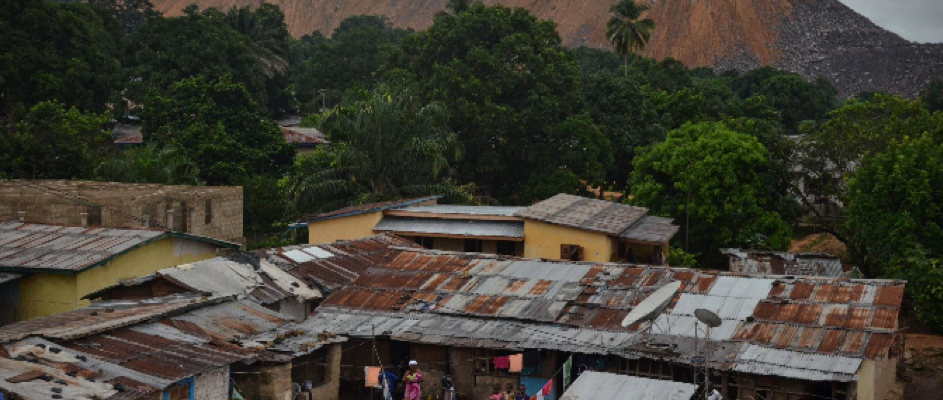On June 2, 2021 the Kimberley Process Civil Society Coalition organised a strategic NGO meeting on diamonds and challenges faced by diamond-impacted communities. This meeting brought together a global group of organizations working with communities impacted by diamonds in order to chart a new path forward. The purpose of the meeting was to:
- facilitate the sharing of knowledge and experience regarding challenges faced by diamond-impacted communities
- explore the potential in joining forces to address the responsibility of governments, and industry to do more
- guide industry and consumer action so that the activities bring about systemic change
This meeting was part of the KP CSC’s ‘We Need To Talk About Diamonds’ campaign and helped in guiding and informing advocacy efforts that are increasingly moving beyond the stifling framework of the Kimberley Process.
Kimberley Process Certification Scheme
The Kimberley Process Certification Scheme was launched in 2003 – almost 20 years ago. Since then we’ve seen the limitations of the KPCS, especially the repercussions of a narrow definition of ‘conflict diamond’. These limitations have meant that communities impacted by diamonds are left with little to no recourse when human rights abuses occur, including by state actors, or when powerful mining companies abuse their power. Additionally, communities living from or near diamond mining operations remain vulnerable with limited opportunities to benefit. One result of these limitations has also been that the diamond and jewelry industries have created alternative tools to monitor the diamond supply chain; key weaknesses include that the new tools are all voluntary and all link back to the KPCS as a baseline.
A survey was circulated prior to the meeting resulting in some useful information both for structuring the gathering to emphasize the priorities of the participants, but also to help understand issues communities face more broadly.
During the meeting attendees shared a diverse range of experiences and points of view varying based on location, organisational structure, mandate and more. The challenges facing diamond impacted communities are complex. In addition to hearing about issues such as the need for improved taxation structure, and building the capacity of organisations to stand up to mining companies, the meeting was also an opportunity to share information about the ways in which diamonds are marketed and new opportunities to influence these markets to benefit impacted communities.
Participating countries & organisations
The meeting was well attended. There were 24 participants and 3 facilitators. Countries represented (15) were Belgium, Botswana, Cameroon, Canada, CAR, Cote D’ivoire, DRC, Guinea, Lesotho, Liberia, Sierra Leone, South Africa, Tanzania, United States, and Zimbabwe.
The following organizations were present: Kimberley Process Civil Society Coalition, Zimbabwe Environmental Law Association, Center for Natural Resource Governance, Human Rights Watch, IMPACT, The Sentry, Pact, Maluti Community Development Forum, Responsible Jewelry Transformative, RAID, Tax Justice Network Africa, Groupe d’Appui aux Exploitants des Ressources Naturelles, Community Mobilization Advocacy Network, Botswana Mining Workers Union, International Peace Information Service, Centre National d’Appui au Développement et à la Participation Populaire, Groupe de Recherche et de Plaidoyer sur les Industries Extractives, Action Mines Guinea, Centre du Commerce International pour le Développement, Centre Centrafricain de Recherche et d’Analyse Géopolitique, Levin Sources, Diamond Development Initiative at RESOLVE, Network Movement for Justice and Development, Diamonds for Peace, and Réseau de Lutte contre la Faim
Today’s environment is different than at the time of the KPCS founding. There is a demand for producer accountability and expectations that purchasers conduct thorough due diligence. At the same time, there is a growing focus on traceability, transparency, and provenance, and a renewed appetite for change among some purchasers. Consumer demand for ethically-sourced diamonds is not yet being met, which offers new market potential. It is time for impacted communities, and the organizations that support them, to again look at diamond production, distribution, and sales and chart a new and influential path forward.
[Photo: Cooper Inveen / GroundTruth for ICIJ]
Community living in the shadow of the Koidu mine in eastern Sierra Leone




